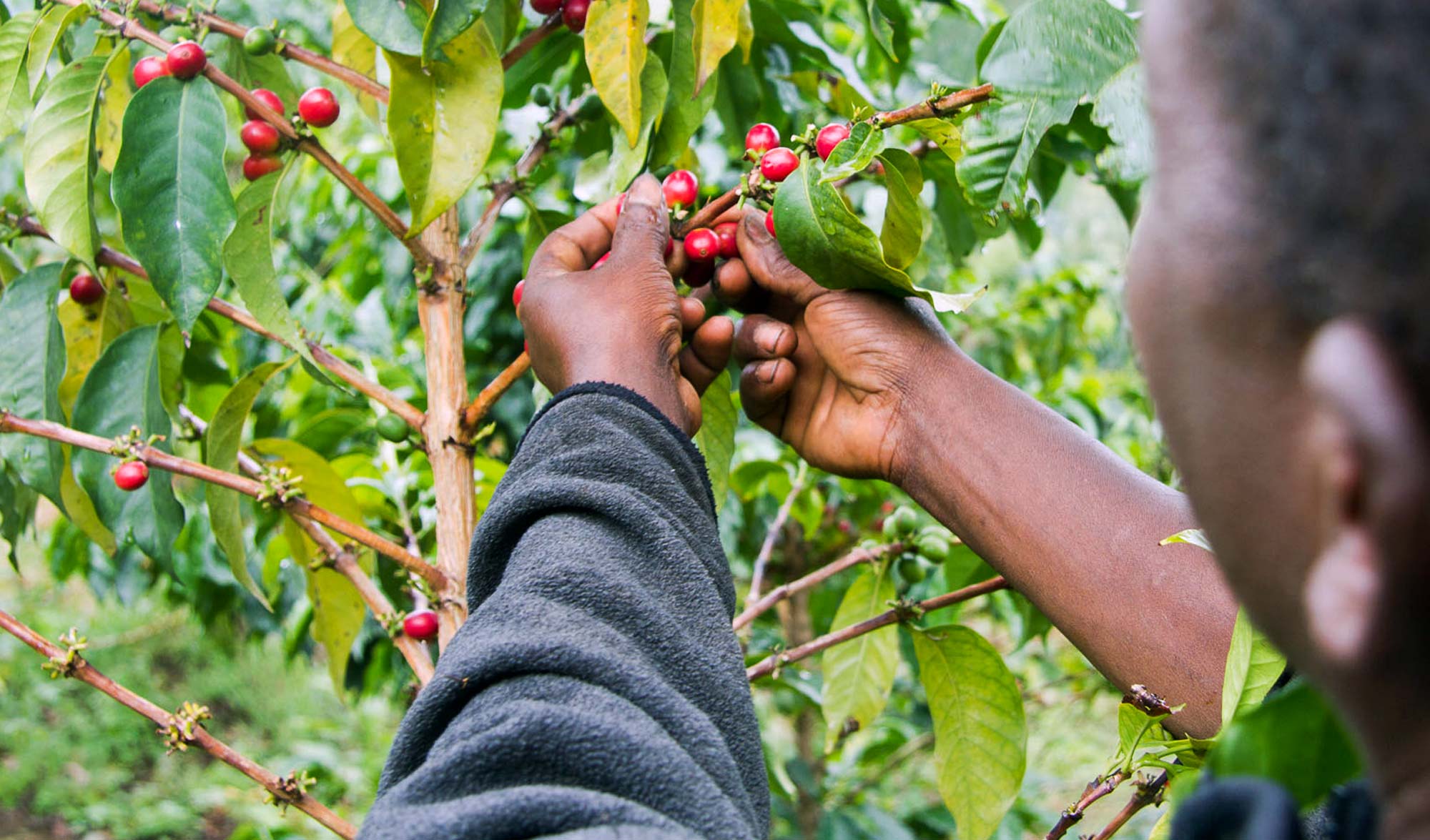 An initiative by Nestle Kenya to supply Central Kenya farmers with seedlings of a higher yielding, faster maturing and disease resistant coffee variety has increased yields five folds in three years and rekindled farming of a crop that farmers abandoned on poor prices.
An initiative by Nestle Kenya to supply Central Kenya farmers with seedlings of a higher yielding, faster maturing and disease resistant coffee variety has increased yields five folds in three years and rekindled farming of a crop that farmers abandoned on poor prices.
The hybrid variety known as Batian produces many primary branches hence higher yields, and has performed well in withstanding perennial coffee diseases like Berry disease, Leaf rust and Bacterial Blight.
This has rejuvenated coffee farming in a region known among the largest suppliers of coffee in the country, but one that had seen farmers uproot the shrubs as yields and returns dwindled due to poor crop management, exploitation from middlemen and varieties that couldn’t fight emerging diseases.
While releasing the company’s 2014 report in collaboration with the Coffee Management Limited,Nestlé’s Equatorial Africa CEO,Cornel Krummenacher said that coffee farmers’ cooperative societies in Kiambu,Murang’a, Kirinyaga ,Nyeri, Embu and Meru reported between 70 to 400 percent increase in coffee production for the past three years. He revealed that Baricho cooperative society in Karatina, which collects green coffee from close to 4000 farmers, recorded the highest increase in production from 980,000 to 5,000,000 kilograms in the past three years. Murue cooperative society in Embu was the second highest with a 300 percent increase in yield, while Kangunu from Murang’a recorded a 270 percent increase in production.
This growth in production comes at a time when prices of coffee beans have nearly doubled this year, partly on concerns that lack of rain in Brazil could dry up next year's crop. In October, the price of Arabica beans jumped to a two-and-a-half year high. While in Kenya, coffee bean prices at the Nairobi auction went up by 17 percent in August which analysts speculate can be maintained due to improved quality of the coffee being produced by farmers and reduced supply in other coffee producing regions globally.
The Nescafé Plan is a global initiative which started in 2010, where, over a period of 10 years, Nestle will invest 220 million Swiss Francs to enhance the quality of lives of the farmers we buy coffee from. We do this by providing them with the tools and the technical assistance to increase not only their yield per tree, but also the quality of the cherry beans.
In Kenya, the initiative kicked off in 2011, targeting 26,000 farmers, mostly in the central region. Together with, Coffee Management Services, the firm has for the past three years offered training, technical assistance, and introduced the new coffee tree called Batian, which produces greater yields and is highly disease resistant. To date, over 230,000 Batian seedlings have been handed over to farmers and are ready for the 2016 harvest. Another great achievement of this initiative is the gender and youth empowerment programme, through which more than 3200 women have been reached.
‘’Creating Shared Value is how we do business at Nestlé. We realise that, if we want our business to prosper over the long term, the communities we operate in must also prosper. We cannot thrive at the expense of our business partners, it is simply not sustainable. We have to work together to create a win-win situation for everyone in the value chain – and this is the very foundation of the Nescafé Plan,’’ said Krummenacher.
He explained that the positive growth is a testimony of Nestlé’s commitment towards improving the social and economic status of coffee farmers and their families.A farmer Peter Mucheru said that this harvest has grown from 8000 kgs to 30,000 kgs, while Mrs Jane Njambi grew her production from 500kgs to 2500kgs which they attribute to the support offered by Nestle.
Nestlé through CMS has distributed over 230,000 mature Batian seedlings to the farmers involved in the programme, through which they have replaced the traditional SL varieties. “As an Arabica variety, Batian can yield 50percent more coffee than SL varieties. In addition, it can save the farmers about 30 percent cost of production as it is resistant to coffee berry disease, leaf rust and takes only 18-24 months to mature,” said Kamau Kuria, Managing Director Coffee Management Services Limited (CMS).
















Comments powered by CComment